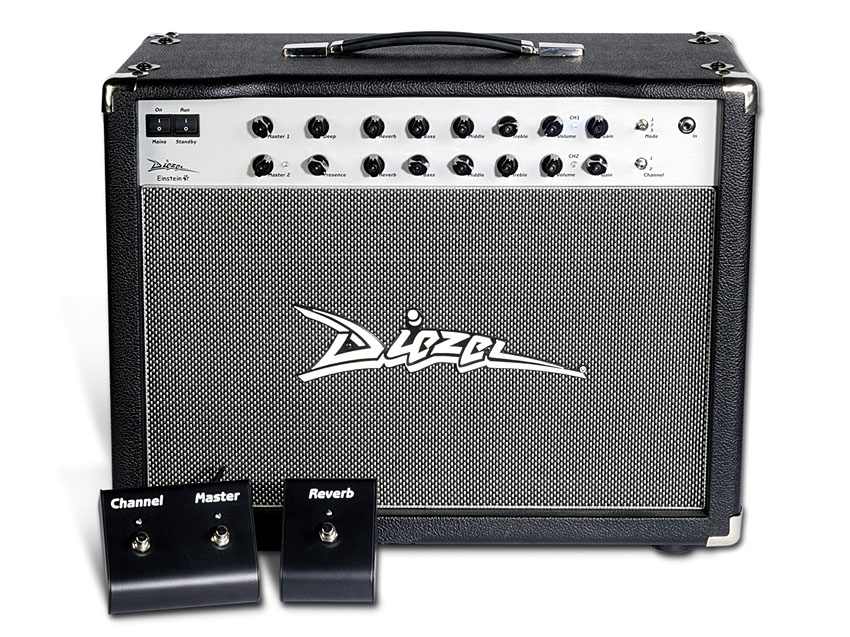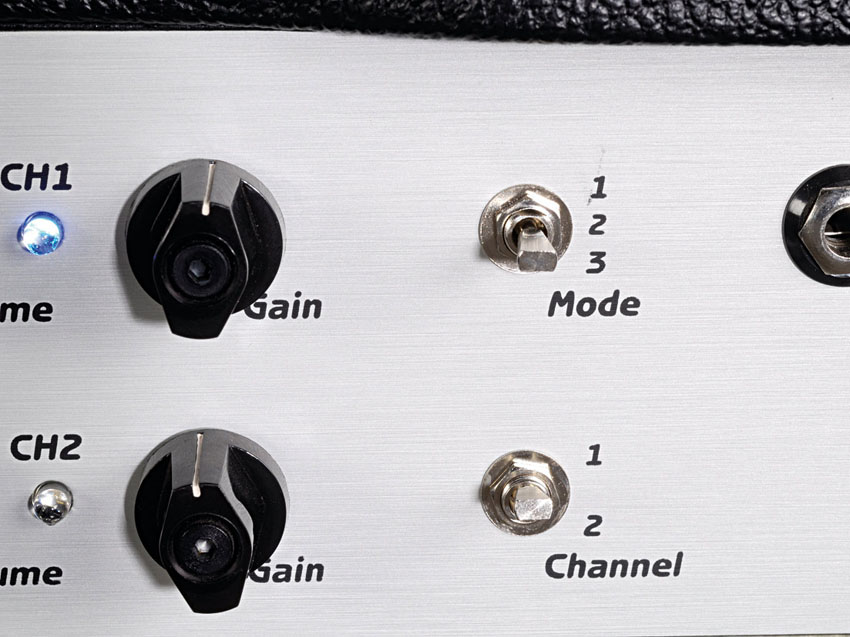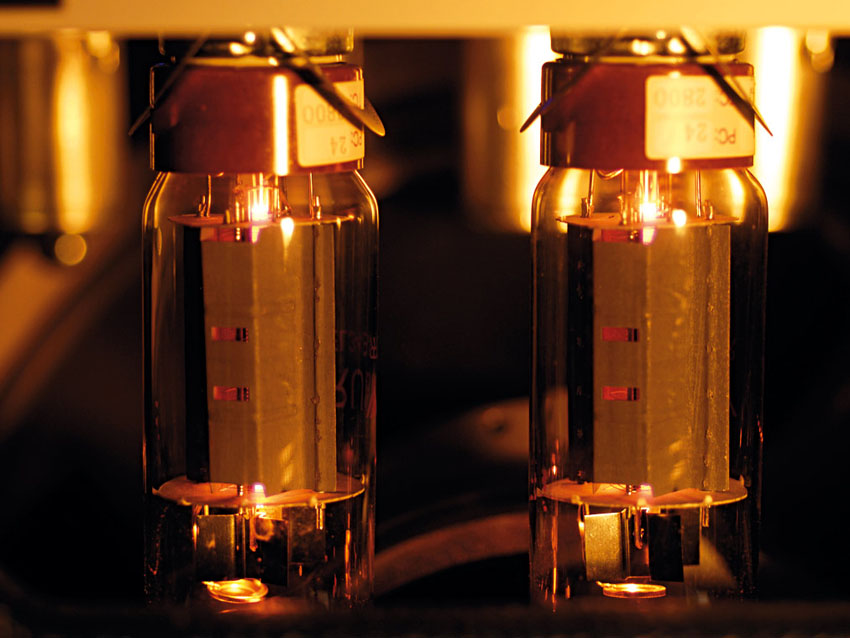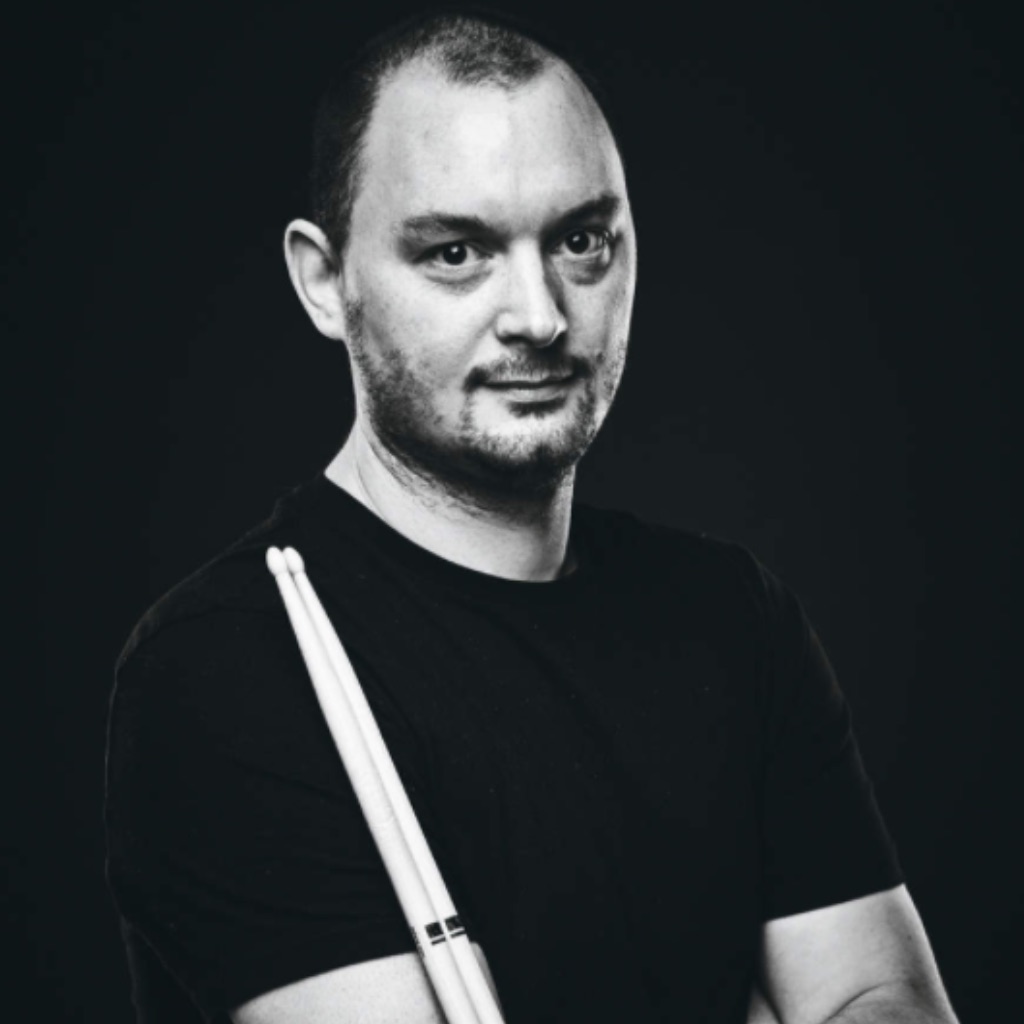MusicRadar Verdict
Boutique tone fiends: use your head and choose the Einstein.
Pros
- +
A fine slice of all-round boutique tone.
Cons
- -
It's reflected in the price tag.
MusicRadar's got your back

Diezel Einstein Combo

Diezel Einstein Combo

Diezel Einstein Combo
Germany has a solid reputation for being the most efficient country in the world. When it comes to design and manufacturing, the Germans are considered second to none.
Lucky for us, then, that Peter Diezel, joined by Peter Stapfer, set about applying the famed Germanic spirit to building their own amps in the 1980s, and Diezel Amplification was born.
The word 'boutique' is thrown around like a pre-nup at a WAG's wedding, but in Diezel's case it still applies. The Einstein is a two-channel, 50-watt, all-valve combo, and is said to have the capacity to make your guitar "sing or cry, scream or shout".
Diezel claims that the Einstein can go from "sparkling cleans" to "mega crunch" and while it certainly looks like a clever creature on paper, the proof is in the ear test.
Sound
Getting a loud, clean tone from a pure valve amp can sometimes be tricky, so TG's itching to test Diezel's boastful claims of sparkly clean sounds. With the gain and volume set to half way, its assertions are proved correct. It's only when you really dig in to the strings that things start getting crunchy.
"Channel two is where the most saturation occurs - it's pretty much soaking."
The other gain modes fail to disappoint too. A quick tweak of the controls takes you from an indie-licious vintage drive, through perfectly useable blues tones, all the way to heavy distortion.
Channel two is where the most saturation occurs - it's pretty much soaking. With the gain up, fast legatos roll out with ease, and turning up the 'deep' and 'presence' controls gives a huge metal rhythm sound.
Want all the hottest music and gear news, reviews, deals, features and more, direct to your inbox? Sign up here.

Stuart has been working for guitar publications since 2008, beginning his career as Reviews Editor for Total Guitar before becoming Editor for six years. During this time, he and the team brought the magazine into the modern age with digital editions, a Youtube channel and the Apple chart-bothering Total Guitar Podcast. Stuart has also served as a freelance writer for Guitar World, Guitarist and MusicRadar reviewing hundreds of products spanning everything from acoustic guitars to valve amps, modelers and plugins. When not spouting his opinions on the best new gear, Stuart has been reminded on many occasions that the 'never meet your heroes' rule is entirely wrong, clocking-up interviews with the likes of Eddie Van Halen, Foo Fighters, Green Day and many, many more.